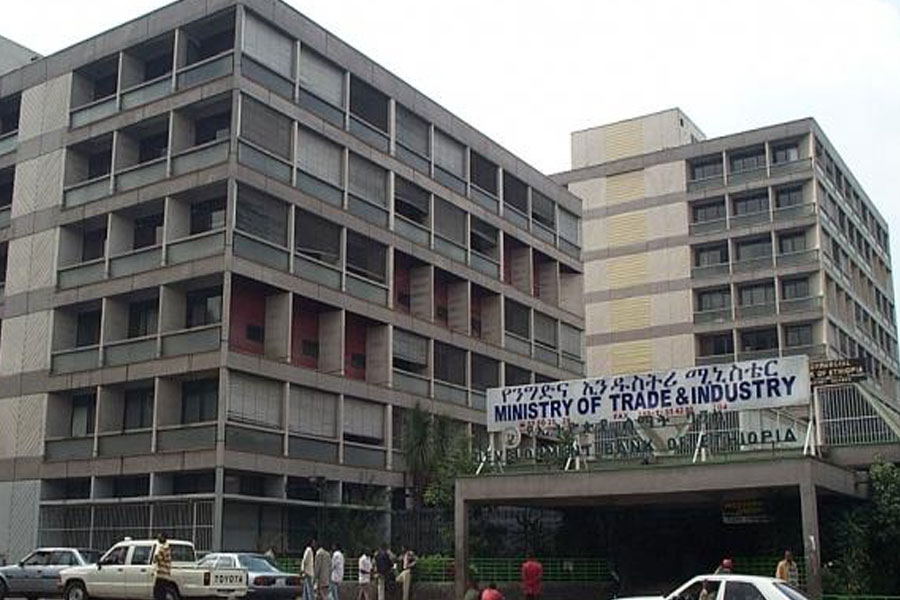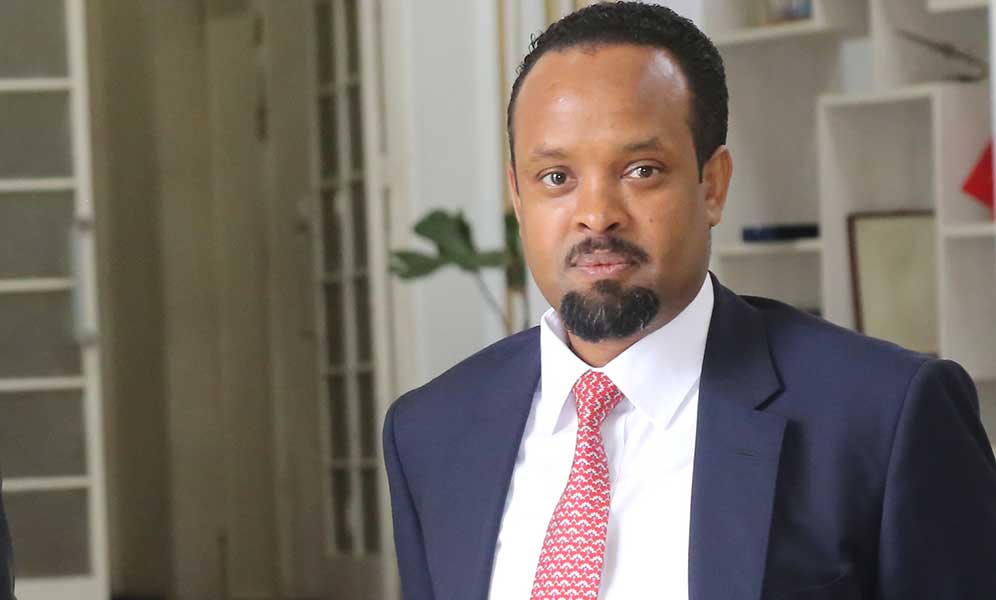
Sunday with Eden | Apr 02,2022
The federal government has reworked guidelines for overtime compensation payments across public higher learning institutions. Faculty members holding the title of associate professor and above are entitled to a maximum of 250 Br for each credit hour. One credit hour matches 15 hours of instruction.
The majority of public universities do not pay their faculty members overtime compensation. The few that offer the payments do it without a formal pay structure.
“There’s a need to implement a uniform pay structure across all universities,” said Samuel Kifle (PhD), a state minister for Education.
The move is part of a strategy implemented by Ministry of Education officials to improve the quality of teaching in higher learning institutions. Last week, senior officials of the Ministry issued a directive compelling university students to sit for exit examinations before completing their undergraduate studies.
Salaries and benefits for faculty members at public universities have long been a topic of debate. Although faculty members are crucial in higher education, their salaries remain a source of misgiving to the staff. Most faculty members are required to commit 60pc of their time to teach while devoting the remaining to research and community services. However, the influx of students has stretched the time allotted to instruction.
The number of fresh students enrolled at public universities doubled in the past eight years, reaching 120,000 last year. The swelling student body is partly the result of a rapid expansion in the number of public universities. Forty-two public universities enrol over 350,000 students. However, the academic staff-to-student ratio is a little over 70 to one. The National Center for Educational Statistics reports an average of 18 students for a faculty member in the United States.
Experts argue that expanding tertiary education without retaining academic staff with adequate professional qualifications and experience brings little to enrich students.
Andualem Zewde, a former dean of Addis Abeba's Tegbaried vocational college, emphasises the relationship between pay and performance.
“The salary scale and compensation packages in higher education don’t consider much of its core element, which is teaching,” he said.
There is a dire shortage of qualified and experienced academic staff in Ethiopia, particularly those with postgraduate degrees.
Matiwos Ensermu (PhD), vice president of administration at Addis Ababa University (AAU), sees the introduction of uniform overtime compensation as a good start considering the financial resources available.
“Pays are now better than the past,” he told Fortune.
The Addis Abeba University (AAU) operates with a 2.8 billion Br budget in the coming academic year. Two-thirds of the budget has been earmarked for recurrent expenditures, such as payroll. The University enrols close to 48,000 students, retaining 3,110 academic staff. It has a faculty-to-student ratio of 15. Haromaya University, enrolling nearly 30,000 students, trails one point lower. It operates with a 1.7 billion Br budget, 76pc accounting for the recurrent budget.
Ketema Bekele (PhD), director for enterprise development at Haromaya University, argues that the pay rise is inconsequential compared to the task.
“Teaching as a profession is given little emphasis,” he said.
Ethiopian faculty members are among the least paid in the world. The highest monthly salary for an experienced academic does not exceed 17,000 Br. Academic careers are dependent on the research conducted.
“But academicians have less time to conduct research due to the heavy teaching workload,” said Tirussew Teferra (Prof.), an education expert.
This causes an alarming exodus of qualified academic staff from public universities.
With a gross monthly salary of 15,000 Br, Ketema commits 28.5 credit hours each semester to teaching and administrative activities. Haromaya University is among the few higher institutions that paid overtime compensation before the latest decree from education officials came. Ketema says that academicians cannot cover the essential needs, leading professors and qualified lecturers to leave.
“Unless the higher education system improves its pay system and attracts qualified academicians, the quality of education cannot be improved,” he said.
Experts agree.
Tirussew observes a lack of a clear policy guideline addressing pay administration.
“There are members of academic staff who are not entitled to housing allowance while others benefit from it,” he said.
Samuel, the state minister, says faculty can only gain adequate compensation when higher learning institutions begin generating revenues.
PUBLISHED ON
Aug 06,2022 [ VOL
23 , NO
1162]

Sunday with Eden | Apr 02,2022

Fortune News | Jun 15,2019

Radar |

Radar | Aug 06,2022

Fortune News | Sep 10,2021

Radar | Oct 01,2022

Radar | Jan 14,2023

Radar | Aug 29,2020

Fortune News | Aug 24,2019

My Opinion | Feb 08,2020

Dec 22 , 2024 . By TIZITA SHEWAFERAW
Charged with transforming colossal state-owned enterprises into modern and competitiv...

Aug 18 , 2024 . By AKSAH ITALO
Although predictable Yonas Zerihun's job in the ride-hailing service is not immune to...

Jul 28 , 2024 . By TIZITA SHEWAFERAW
Unhabitual, perhaps too many, Samuel Gebreyohannes, 38, used to occasionally enjoy a couple of beers at breakfast. However, he recently swit...

Jul 13 , 2024 . By AKSAH ITALO
Investors who rely on tractors, trucks, and field vehicles for commuting, transporting commodities, and f...

Jul 5 , 2025
Six years ago, Ethiopia was the darling of international liberal commentators. A year...

Jun 28 , 2025
Meseret Damtie, the assertive auditor general, has never been shy about naming names...

Jun 21 , 2025
A well-worn adage says, “Budget is not destiny, but it is direction.” Examining t...

Jun 14 , 2025
Yet again, the Horn of Africa is bracing for trouble. A region already frayed by wars...